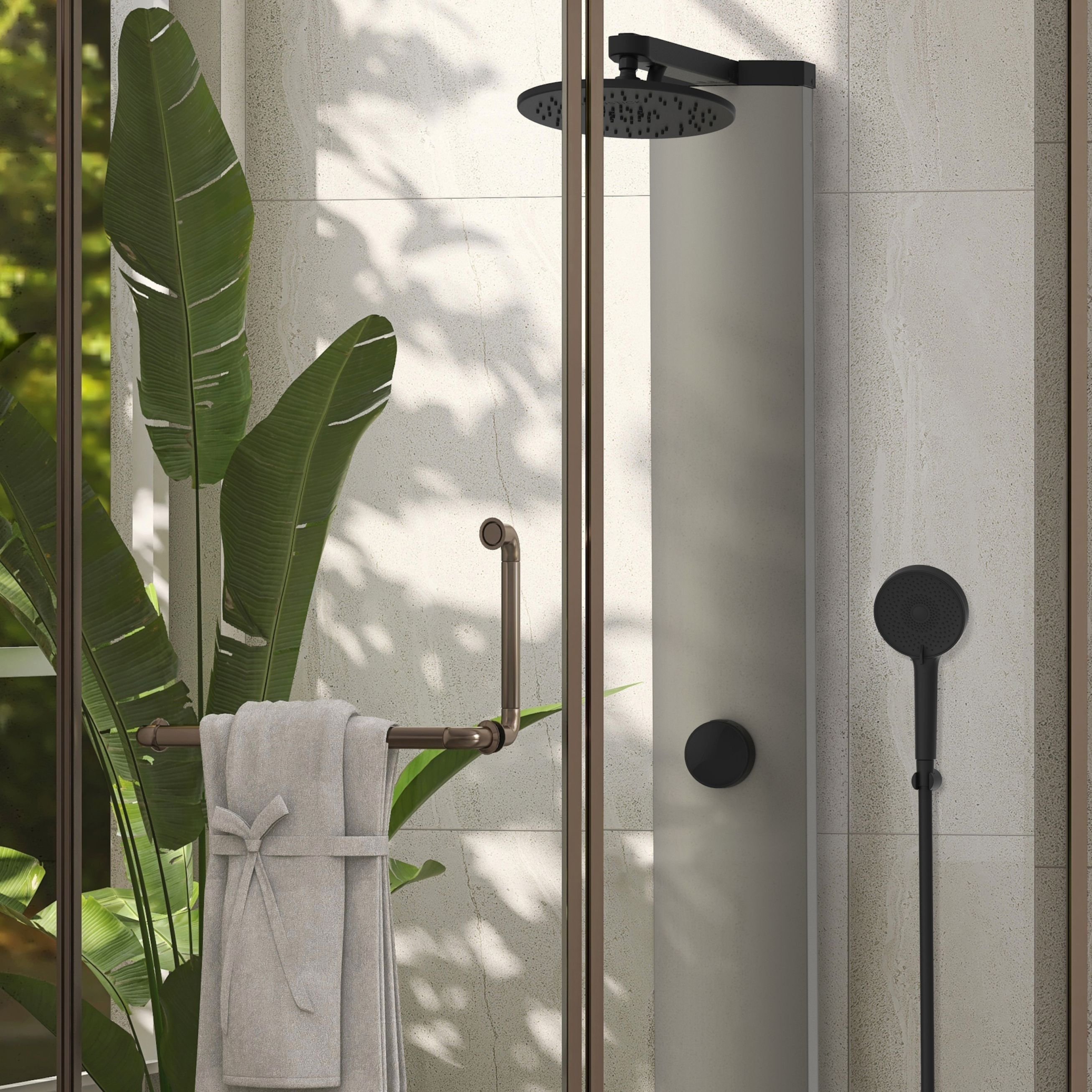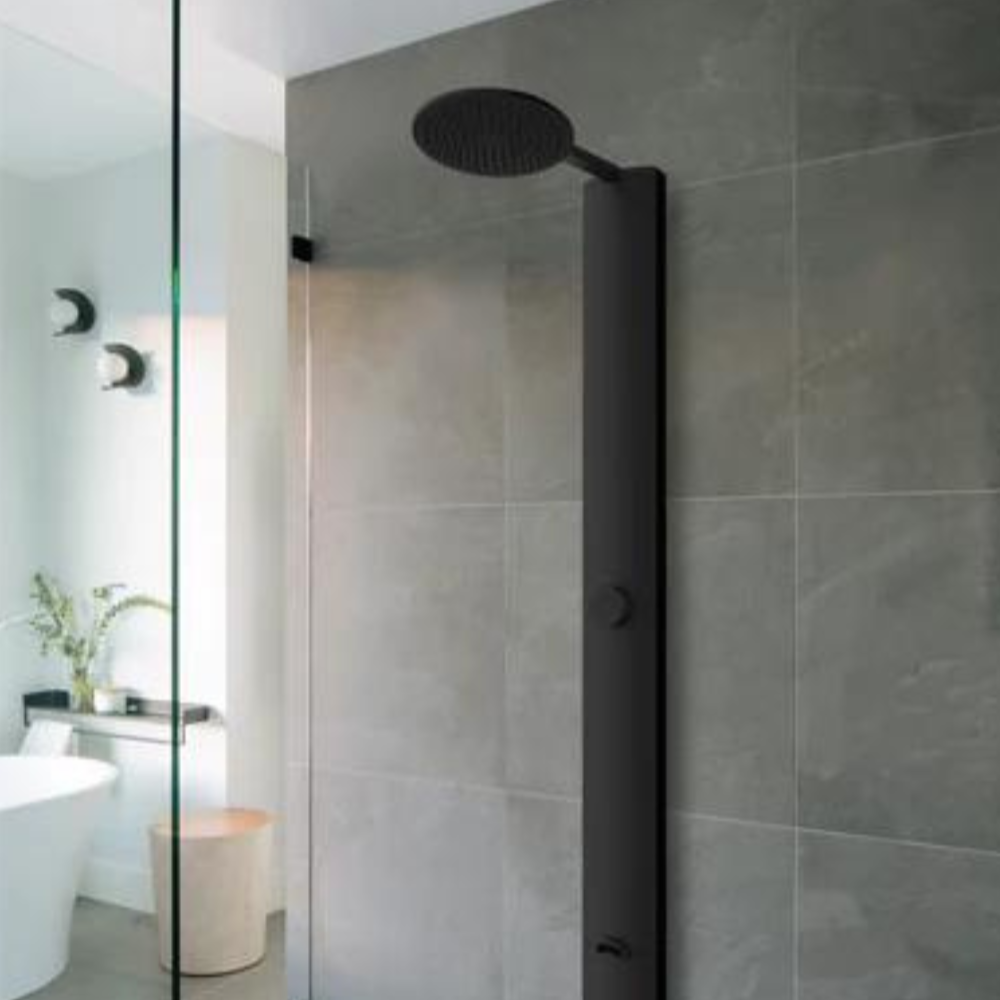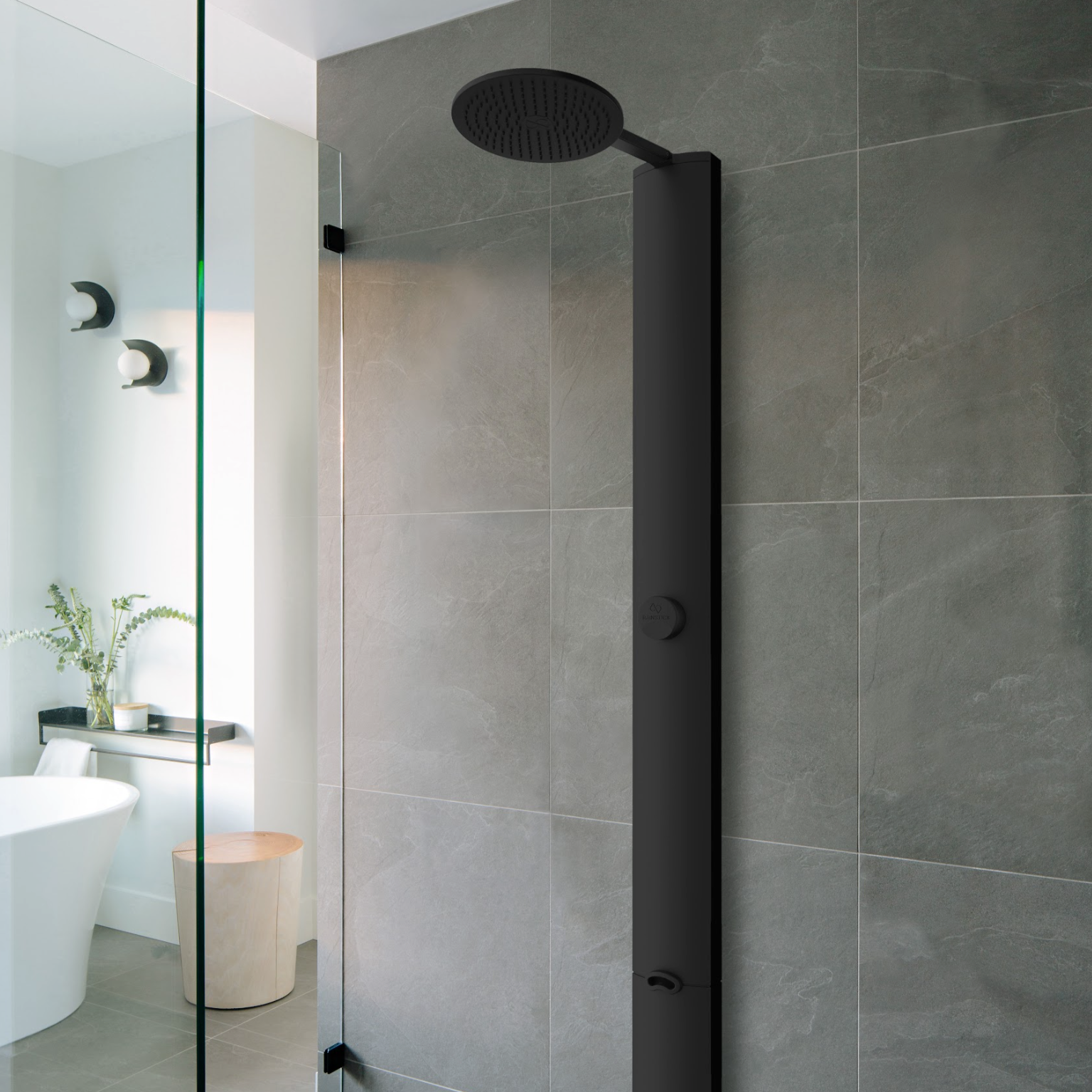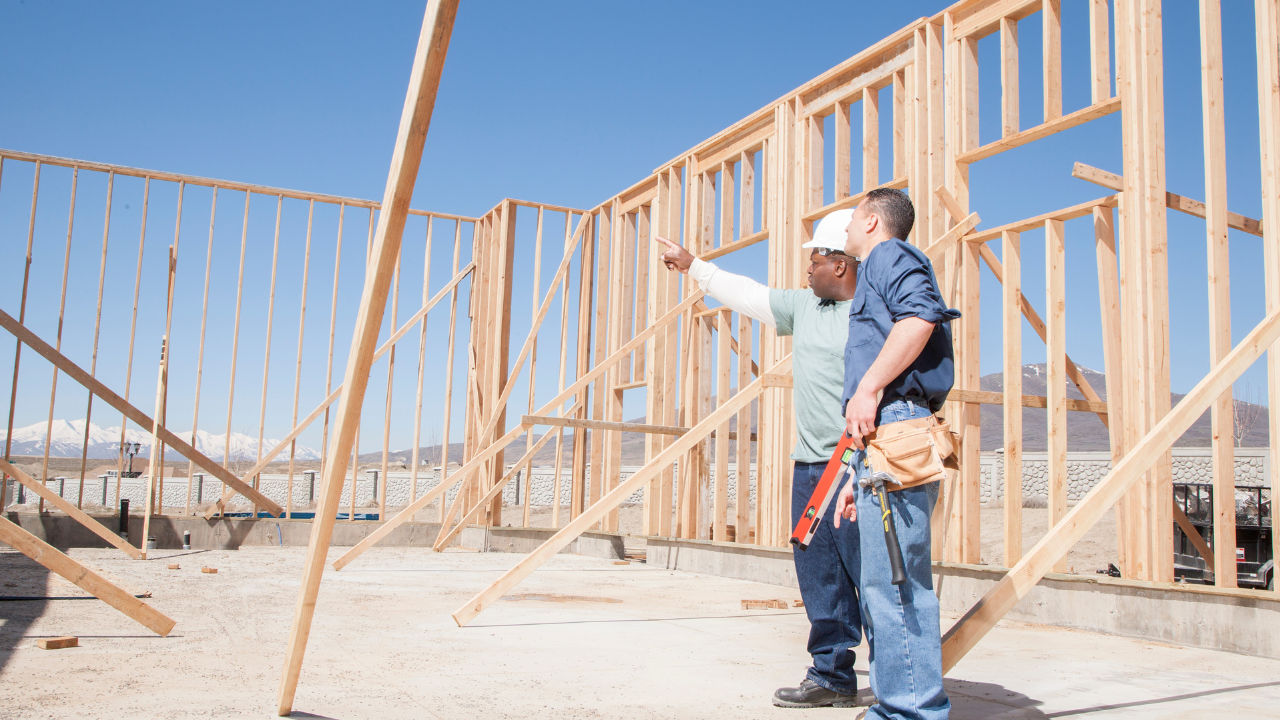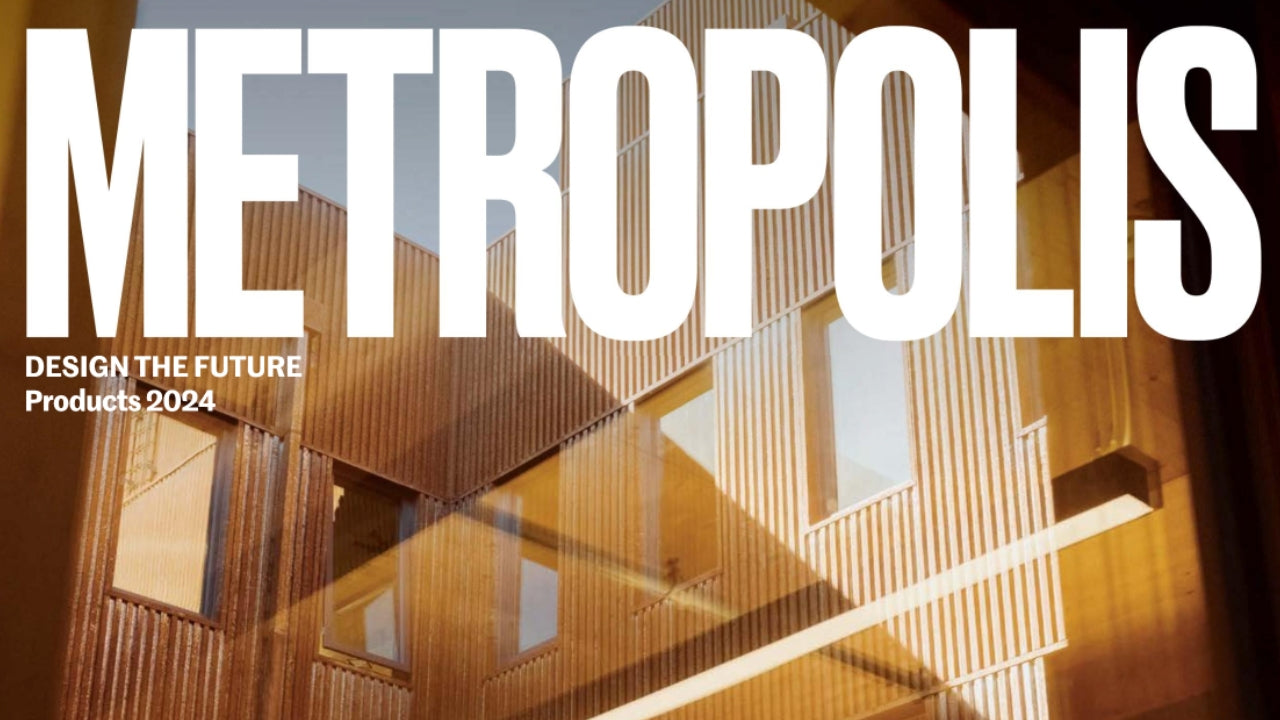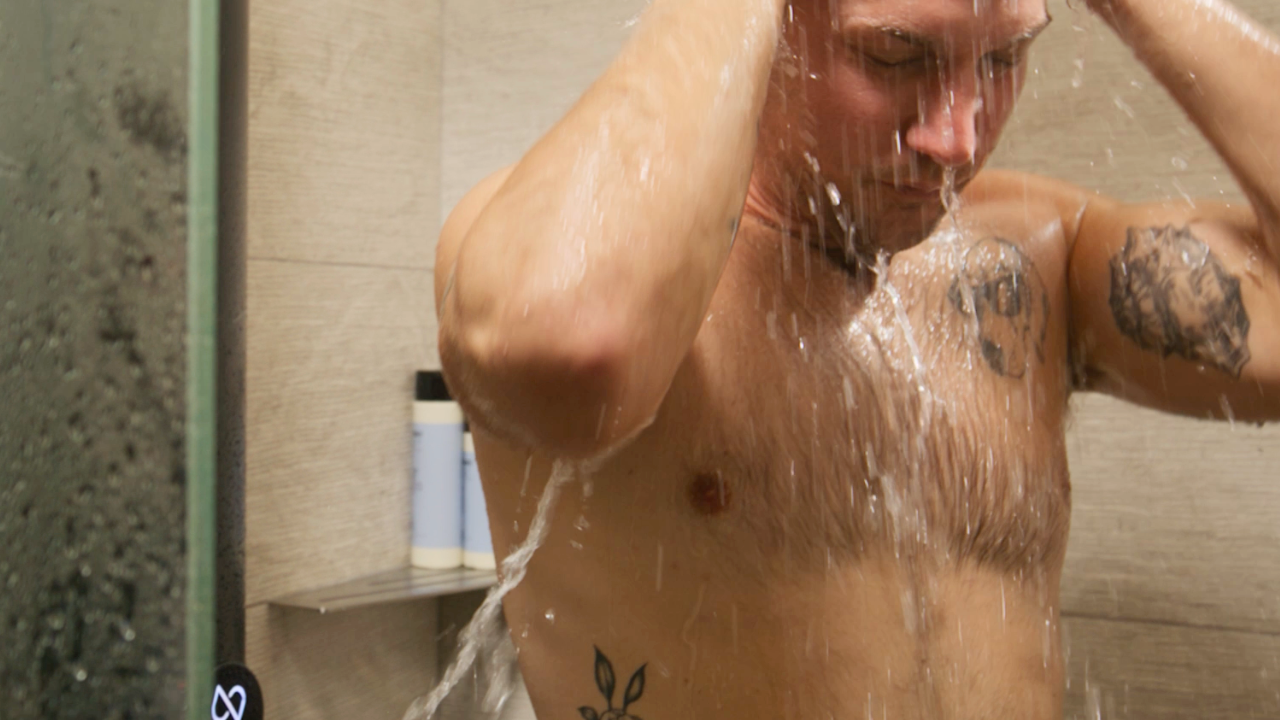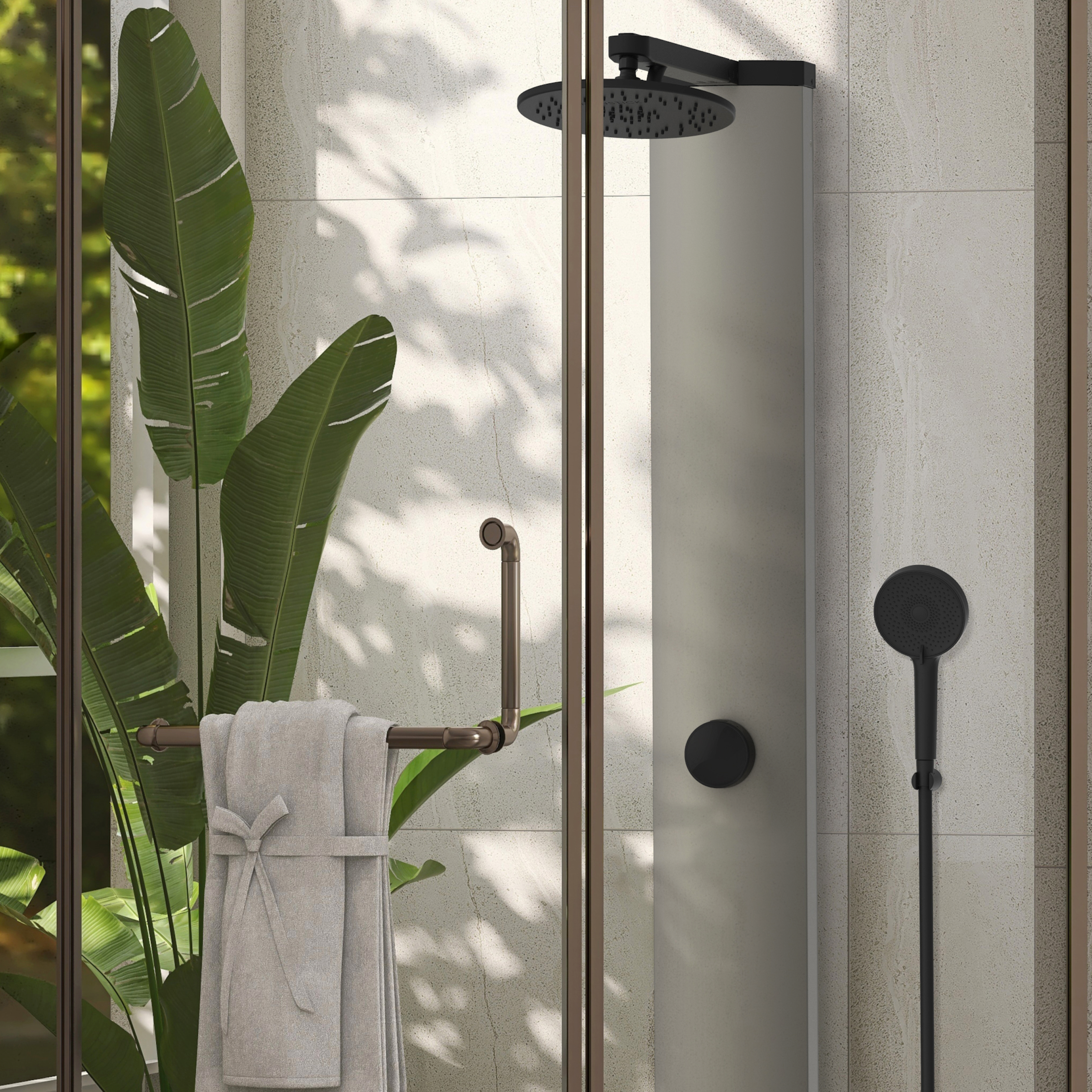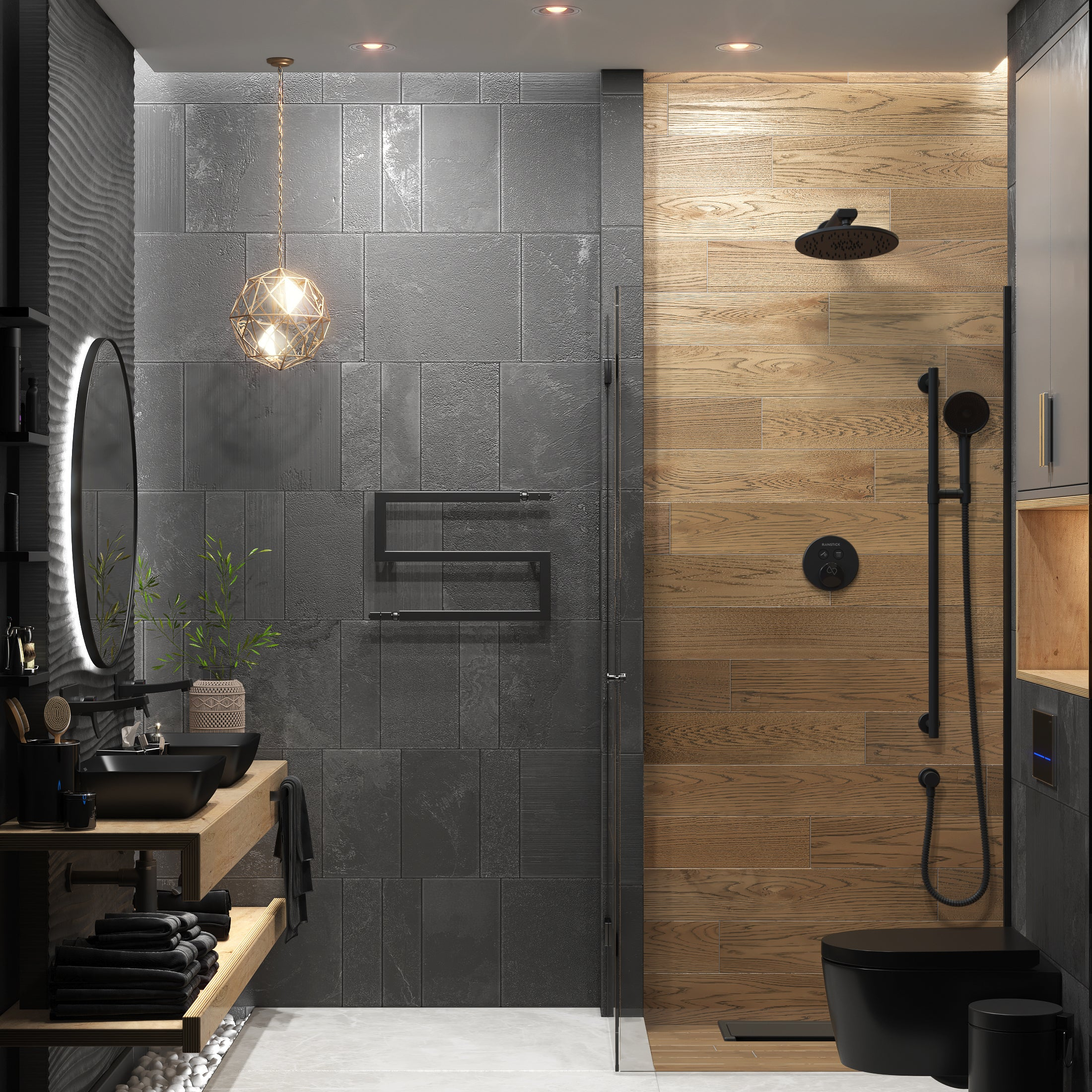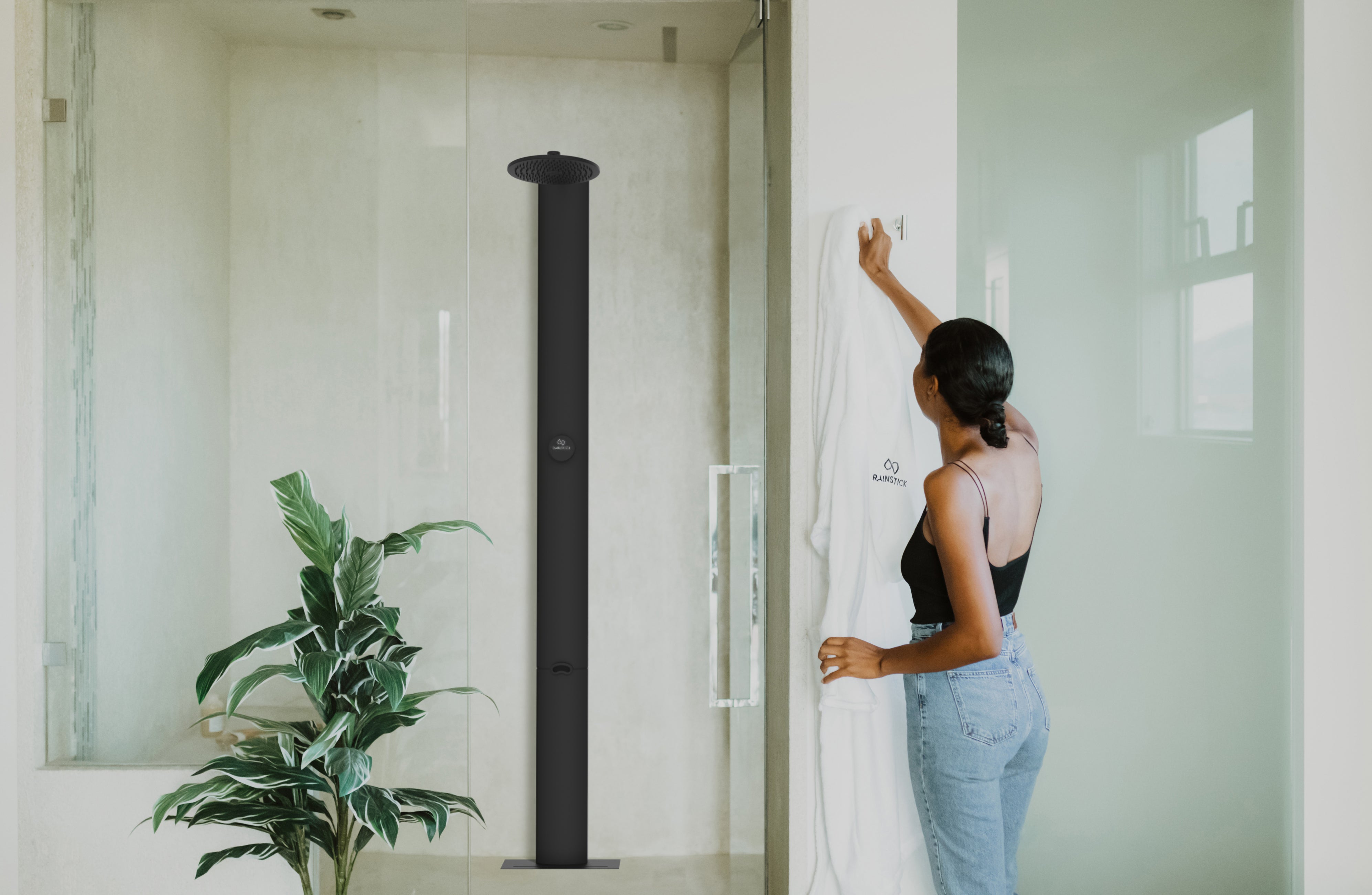Hot water is a vital component of any home, including off-grid properties. Whether for daily showers, cleaning, or heating, the demand for hot water remains consistent even in remote settings. For off-grid builders, integrating efficient and sustainable hot water systems into home designs is essential for meeting client expectations while conserving resources.
This guide explores key off-grid hot water options, focusing on solutions that prioritize water and energy conservation for a seamless, eco-friendly experience.
The Importance of Hot Water Conservation in Off-Grid Homes
Off-grid homes often face resource constraints, including limited water availability and renewable energy capacity. Efficient hot water systems address these challenges by reducing energy consumption and water waste, making them indispensable in sustainable home design.
For example, consider an off-grid cabin in a remote area where water is sourced from a rainwater collection system and energy is generated through solar panels. During dry or cloudy periods, the available water and energy may be insufficient for traditional hot water systems. By incorporating a recirculating shower system, which uses real-time water reuse and requires minimal energy, homeowners can enjoy consistent hot water without depleting their limited resources.
For builders, selecting the right hot water solution can enhance a property’s functionality and appeal, especially for eco-conscious clients. A well-designed system ensures homeowners enjoy modern comforts without compromising on sustainability or reliability.
Top Off-Grid Hot Water Options
1. Solar Water Heaters:
Solar water heaters harness the sun’s energy to heat water, making them a sustainable choice for off-grid homes in sunny regions.
- Advantages: Renewable energy source with minimal operating costs.
- Considerations: Requires backup systems for cloudy or cold days to ensure a consistent hot water supply.
2. Propane Water Heaters:
Propane heaters are a versatile and reliable option, especially in areas with limited sunlight or wind.
- Advantages: Independent of electricity and capable of rapid water heating.
- Considerations: Propane must be stored on-site, and ongoing costs may be higher compared to renewable options.
3. Wood-Burning Water Heaters:
For homes with a wood stove or abundant access to firewood, wood-burning systems can heat water efficiently.
- Advantages: Dual-purpose heating for both water and the home.
- Considerations: Requires manual operation and a consistent wood supply.
4. Tankless (On-Demand) Water Heaters:
Tankless water heaters provide hot water only when needed, eliminating the energy losses associated with traditional storage tanks.
- Advantages: Energy efficiency, compact design, and endless hot water supply.
- Considerations: Requires a reliable energy source, such as solar panels or a generator, for consistent performance.
Integrating Water Conservation into Hot Water Systems
Water conservation plays a critical role in the design of off-grid hot water systems. Builders can incorporate features that minimize water waste while maintaining efficiency. Recirculating shower systems are one of the most effective solutions, as they reuse water in real time, capturing, circulating and cleaning while adding a small amount of fresh water at 0.5 GPM to maintain temperature during use. This reduces overall water and energy consumption by up to 80%, a significant benefit for properties with limited water access.
Other strategies include installing low-flow fixtures such as faucets, toilets, which conserve water, and insulating pipes to minimize heat loss during water transport. These measures ensure that every drop of hot water is used efficiently, supporting both sustainability and functionality.
Why Off-Grid Builders Should Prioritize Efficient Hot Water Systems
Prioritizing efficient hot water systems allows off-grid builders to meet the expectations of eco-conscious clients while enhancing the appeal of their designs. Sustainable systems reduce environmental impact and operating costs, aligning with the values of homeowners seeking energy independence.
Moreover, integrating hot water solutions alongside new game-changing water saving technology enhances a property’s value, attracting buyers and renters who prioritize sustainability and long-term reliability. With water and energy conservation becoming increasingly important, efficient systems are not just a selling point—they’re a necessity for future-proofing off-grid homes.
Building Sustainable Homes with RainStick Shower
For off-grid builders, incorporating sustainable hot water systems like solar heaters, tankless units, and recirculating showers is essential for creating eco-friendly, self-sufficient homes. These solutions, paired with water conservation strategies, offer the perfect balance of comfort, sustainability, and reliability for your clients.
Ready to elevate your projects? Contact us today for exclusive builder pricing and to explore the advantages of partnering with RainStick Shower. Together, we can bring innovative, sustainable solutions to your builds.


